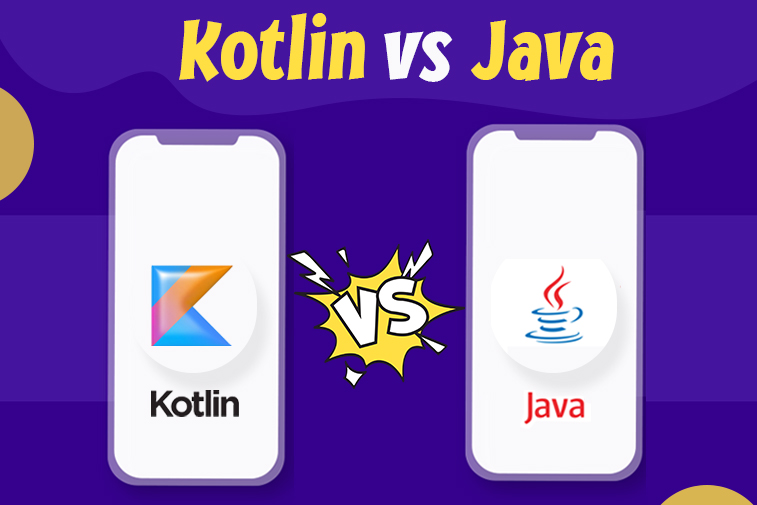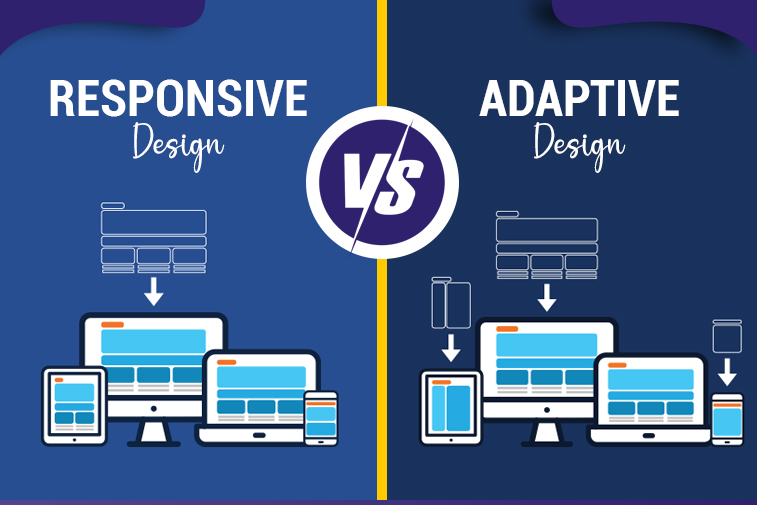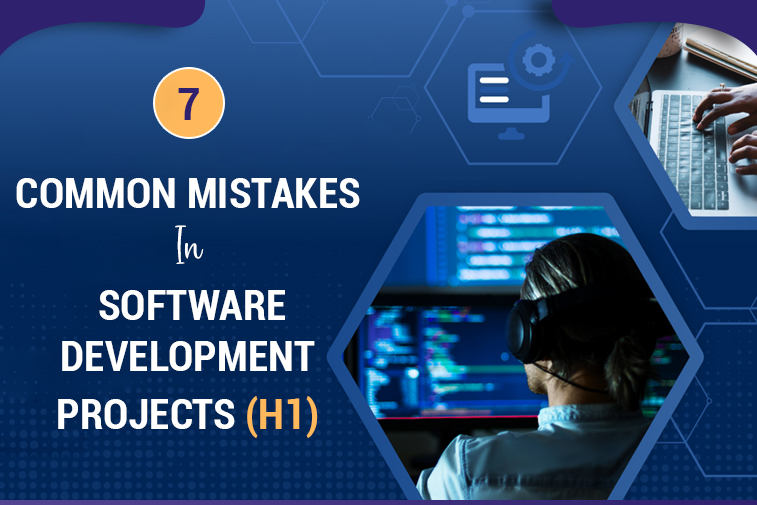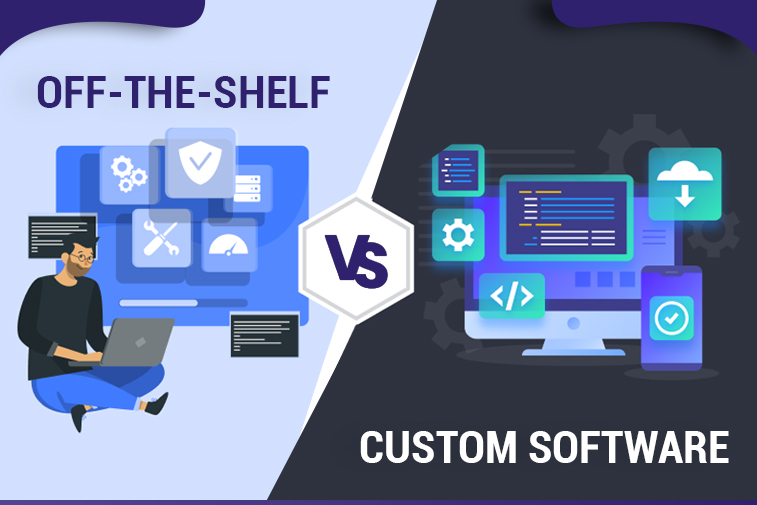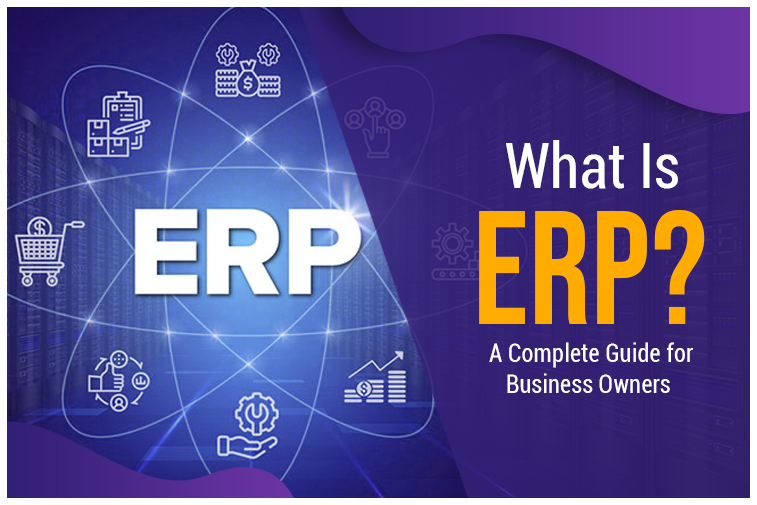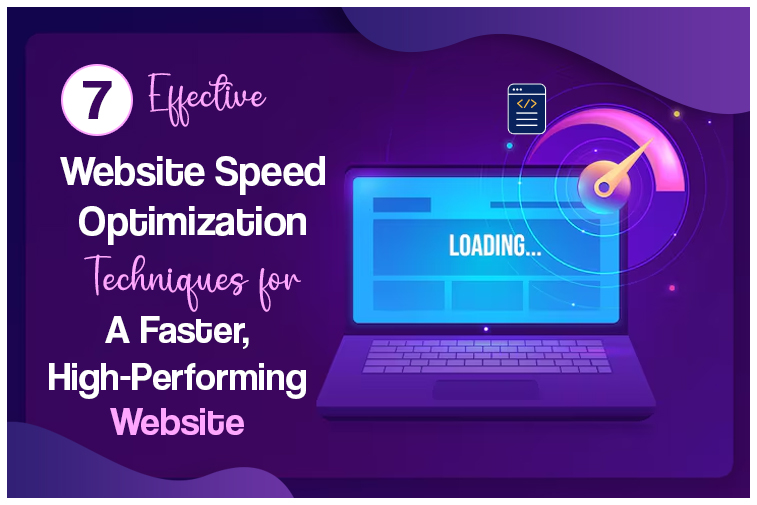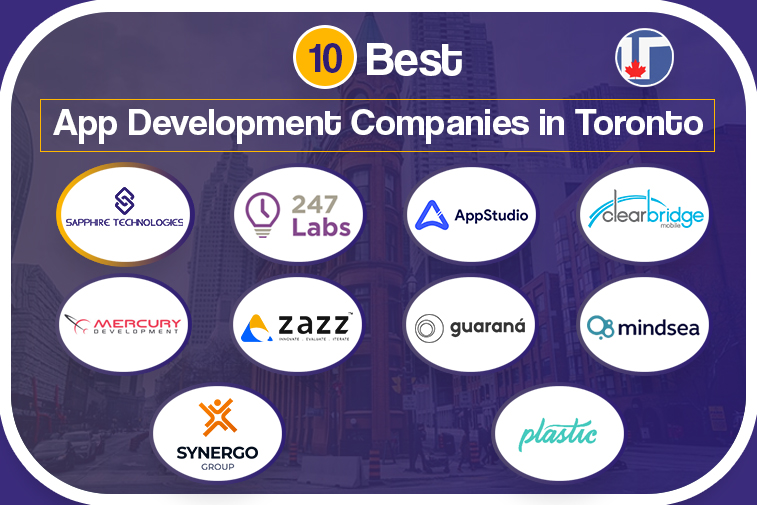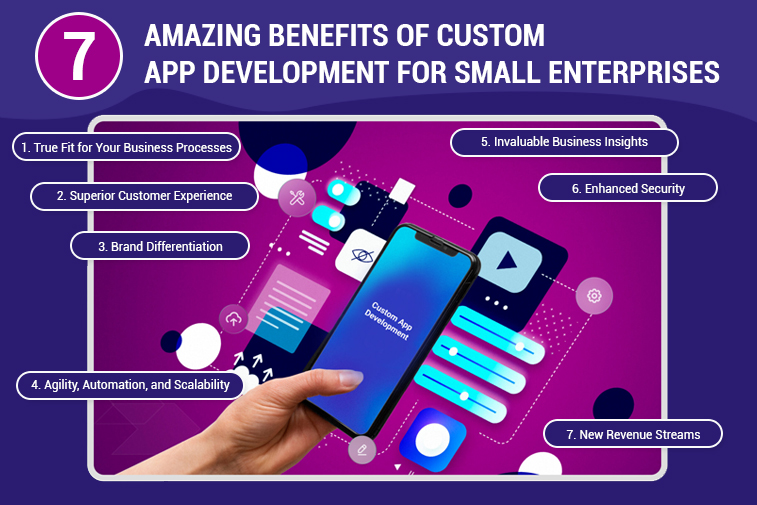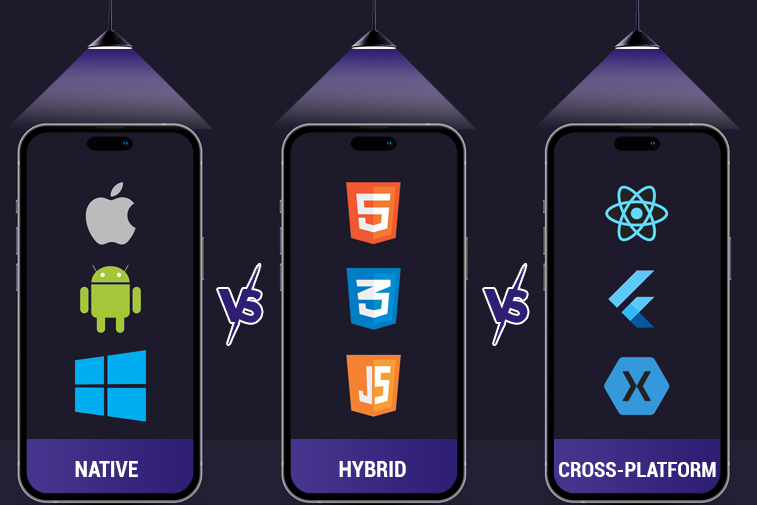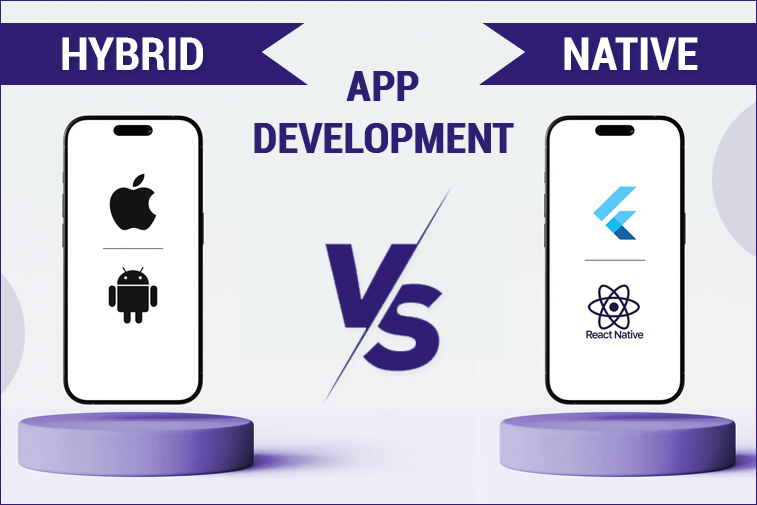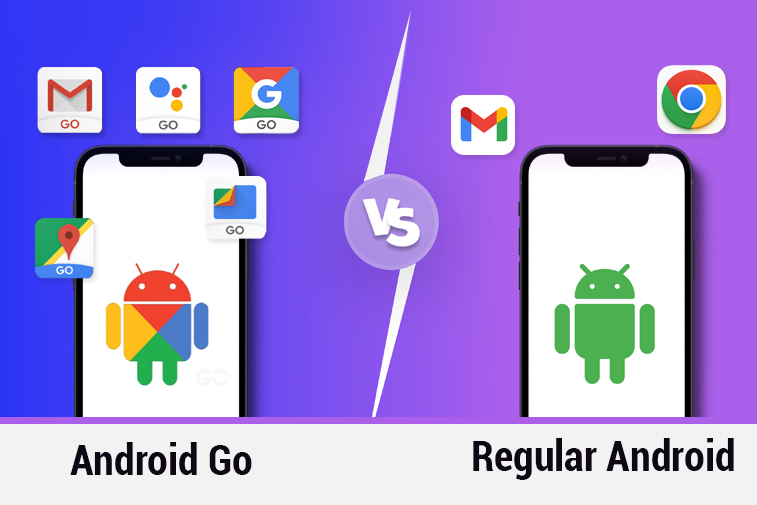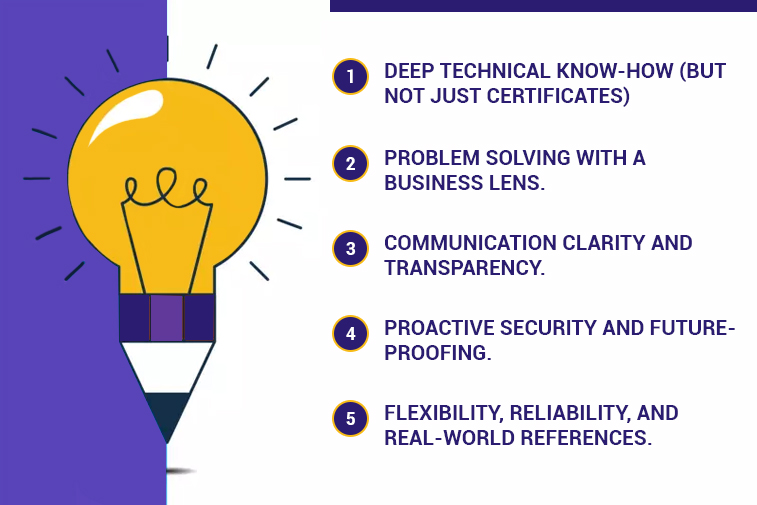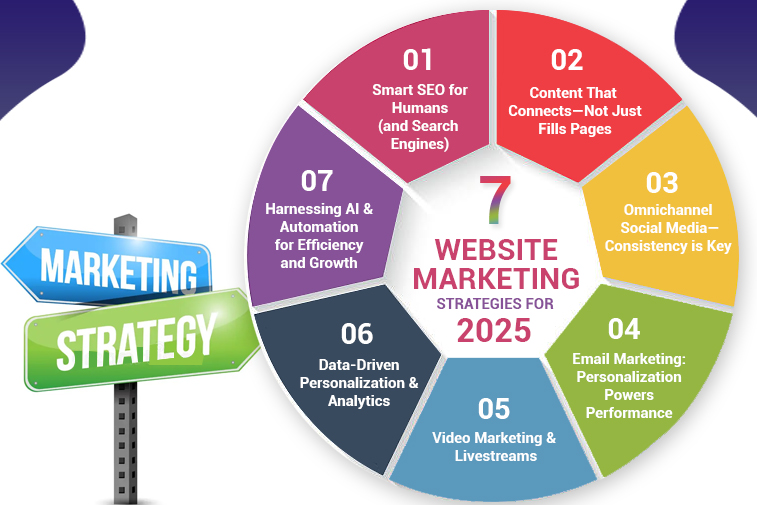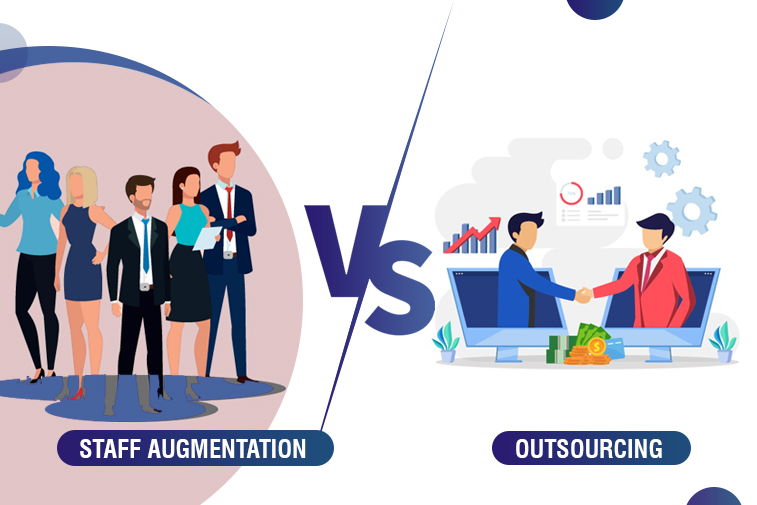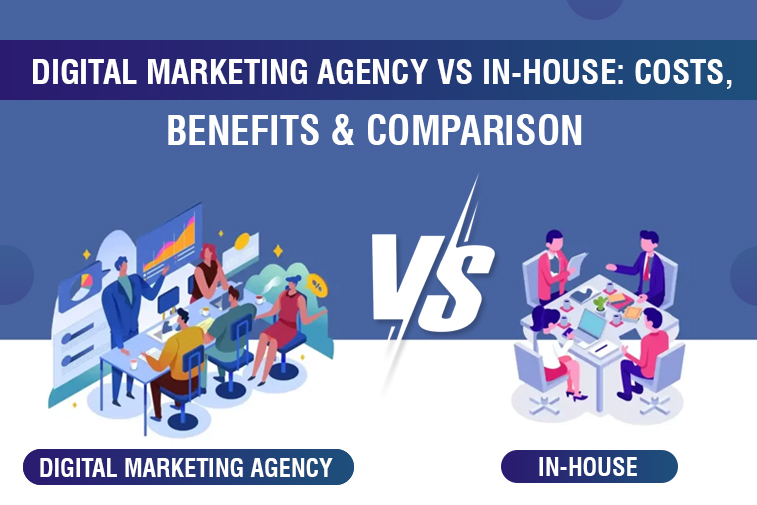Kotlin vs Java: Why Kotlin is Winning for Modern Android Development
When it comes to Android app development, the big question is no longer just “Java or Kotlin?”—it’s “How soon will Kotlin fully replace Java as the new standard?” While Java has been foundational for decades, Kotlin’s rise in the Android world is impossible to ignore. Today, most new Android projects start in Kotlin, and even legacy Java apps are gradually embracing Kotlin’s modern strengths.
Let’s break down the core debate of Kotlin vs Java, covering how they compare, key performance differences, the real-world developer experience, and why Kotlin is taking the lead. By the end, you’ll know which language—and approach—makes sense for your next project.
Also Read: Hybrid Vs Native Vs Cross-Platform
Understanding the Basics: Kotlin and Java
Java: The Veteran Giant
- History & Role: Java was the original language for Android, chosen for its platform independence, robustness, and enormous developer community.
- Strengths: Reliable, mature, with a wide ecosystem of libraries and frameworks—a go-to for countless backend and enterprise apps, as well as legacy Android development.
Kotlin: The Modern Contender
- Origins: Created by JetBrains and officially backed by Google since 2017.
- Design Philosophy: Fix the biggest pain points of Java—boilerplate, null-related crashes, outdated syntax—without losing Java compatibility.
- Adoption: Now the default for new Android projects, with rapid growth in libraries, tooling, and developer mindshare.
Difference Between Java and Kotlin: The Essentials
Here’s a quick breakdown of what sets the two apart:
|
Feature |
Java |
Kotlin |
|
Syntax/Verbosity |
Verbose; lots of boilerplate |
Concise; reduces code by 30–40% |
|
Null Safety |
Frequent Null Pointer Exceptions |
Built-in null safety, reducing crashes |
|
Extension Functions |
Not supported |
Fully supported |
|
Data Classes |
Manual getter/setter methods |
One-line data classes with auto-generated code |
|
Coroutines (Async/Await) |
Thread-based (complex, error-prone) |
Easy, lightweight coroutines for async code |
|
Type Inference |
Manual type declarations |
Smart type inference |
|
Interoperable? |
Yes—Kotlin and Java work together |
Yes—can call Java from Kotlin and vice versa |
|
Android API Support |
Native, legacy |
Fully supported, plus Jetpack extensions |
|
Learning Curve |
Established, but clunky for newcomers |
Modern, easier for new devs to read and write |
|
Performance |
Fast, proven, familiar optimizations |
Nearly identical, with small benefits in stability |
Kotlin vs Java Performance: The Real Story
- Runtime Speed: Both compile to Java bytecode and run on the JVM, so actual app performance for most use-cases is nearly identical.
- Startup & Code Size: Thanks to Kotlin’s concise syntax and safer null-handling, APKs tend to be slightly smaller, and startup can be a bit faster on slower devices.
- Stability: Kotlin’s null safety and immutability reduce common runtime crashes—apps spend less time “breaking in the wild.”
- Concurrency: Java’s thread model is robust but complex; Kotlin’s coroutines lets you handle async work (like network calls, background processing) in a way that’s lightweight, easy to write, and less error-prone.
Bottom line: While average performance is a near draw, Kotlin’s design helps eliminate whole categories of bugs, indirectly making production apps faster and more stable.
Is Kotlin Better Than Java? Key Kotlin Advantages Over Java
1. Less Code, More Productivity
Kotlin can express in two lines what would take ten in Java—cutting down development time, maintenance headaches, and bugs.
2. No More Null Pointer Exceptions
Built-in null safety (nullable and non-nullable types) means a major reduction in one of Android’s most frequent sources of app crashes.
3. Coroutines for Modern Asynchronous Work
Kotlin’s coroutines make it dramatically easier to run background tasks, update UIs, and handle complex workflows without spaghetti code.
4. First-Class Functional Programming
Map, filter, reduce, and other functional approaches are easy and elegant—helping developers write cleaner, more reliable code.
5. Fully Interoperable with Java
You can adopt Kotlin in a legacy Java project piece by piece, and use existing Java libraries without rewriting everything.
6. Better Type Inference and Smart Casting
Kotlin’s type system is smarter, reducing boilerplate and the risk of type-related bugs for everyday tasks.
7. Modern, Expressive Syntax
Kotlin feels fresh and current, matching or exceeding Swift, Dart, and other industry leaders—making it easier to attract and retain top developer talent.
8. Official Google Support
Kotlin is now the language Google recommends for Android. All new Jetpack and AndroidX libraries are built with Kotlin in mind.
Java vs Kotlin: Where Java Still Shines
- Large, Existing Codebases: If your project is mostly Java, a total rewrite may not be worth it. Instead, adopt Kotlin gradually or for new modules.
- Enterprise & Backend: Java remains a powerhouse for many enterprise systems, marketplaces, and cloud services.
- Legacy Devices: Some very old Android devices/tools may have better legacy support in Java.
The Future: Java or Kotlin for Android?
- Over 80% of top Google Play apps use Kotlin in at least part of their codebase.
- Google’s new features come to Kotlin first—legacy Java-only APIs are increasingly rare.
- Most job postings for Android now request Kotlin, or Kotlin plus Java.
Is Kotlin “winning”? For Android, absolutely. Java still matters, but Kotlin is the go-to for modern, maintainable, high-performance app development.
Also Read: Android Go vs Regular Android
FAQs: Java vs Kotlin for Android
Q: What’s the difference between Java and Kotlin for new Android projects?
Kotlin is more concise, modern, and reduces runtime errors, while Java is more verbose and old-school but has a huge ecosystem and remains 100% supported.
Q: Is Kotlin better than Java for performance?
Both perform similarly, but Kotlin’s null safety and coroutines indirectly lead to more stable and maintainable apps, especially at scale.
Q: Can I use Java and Kotlin together?
Yes. Android projects can mix Java and Kotlin freely, allowing for easy migration and library use in both directions.
Q: Are there things Java does better than Kotlin?
Java’s sheer ecosystem and maturity make it ideal for complex non-Android backends, but for Android, Kotlin takes the lead.
Q: How hard is it to move from Java to Kotlin?
The syntax is similar and the tools for conversion are excellent. Most Android developers learn Kotlin quickly, especially with Google’s tutorials and documentation.

 Saudi
Saudi Dubai
Dubai Kuwait
Kuwait Toronto
Toronto London, UK
London, UK India
India
